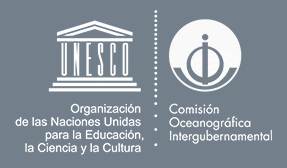P-SAP Bases de datos
Inventario de inversores
Existing and Potential Sustainable Blue Economy Investors in the CLME+ Project Area
Tier 1 Prospect
(Strong alignment between CLME+ objectives and a) current focal sectors of an entity or institution; as well as b) geographic scope of operations, i.e. emphasis on LAR and/or the Caribbean. Compelling volume of capital to invest.)
Tier 2 Prospect
(Strong potential candidate for investment in the CLME+ region, due to alignment with either a) thematic or b) geographic focus of the entity or institution).
Tier 3 Prospect
(Notional/weaker alignment between CLME+ objectives and focal areas & geographies and those of the entity/institution) ”
The color of Name & Type of Entity, indicates the type of TIER.
Current page: 15
Displaying 150 results.
UAE-Caribbean Energy Fund
Description of entity:
The $50M Fund is administered by a Steering Committee consisting of the UAE Ministry of Foreign Affairs and International Cooperation (MOFAIC), Abu Dhabi Fund for Development (ADFD), and technical advisor. The Steering Committee is headed by the UAE Minister of State for International Cooperation and implemented under the UAE Policy for Foreign Assistance, which includes renewable energy. Experts within the UAE and partner governments, in consultation with other relevant actors and financiers, make formal recommendations on project selection to their ministers.
Relevant funding priorities: Renewable energy
Rationale for categorization: Highly relevant thematically, geographically.
Scale of activities investment: Unknown.
Other previous investments: As of May 2018, the Fund has announced two cycles of funding, covering 12 countries. In September 2017, the Fund announced projects with Antigua and Barbuda, the Bahamas, Barbados, Dominica, and St Vincent and the Grenadines. Three of the projects are currently under construction.
Sector: Energy
Instrument used: Unknown.
Geographic Focus: Caribbean
Other information: Not specified
United States Agency for International Development (USAID)
Description of entity:
The United States Agency for International Development is an independent agency of the United States federal government that is primarily responsible for administering civilian foreign aid and development assistance. In 2016 it had a budget of $27.2 billion.
Relevant funding priorities: Throughout LAC, AID focuses its effort on: Encouraging job creation, strengthening small- and medium-sized businesses, and promoting agricultural advances as well as helping countries to protect natural resources and adapt to changing climate patterns.
USAID’s Caribbean Energy Initiative (CEI) focuses on building energy sector resilience across the region, in recognition of the critical role that a steady, reliable energy supply plays in the daily economy of the region and in post-disaster recovery. Funded with an initial investment of $5 million, this planned five-year initiative is part of the U.S. government’s increasing engagement in the region within the framework of the U.S. Strategy for Engagement in the Caribbean (also known as Caribbean 2020), which identifies the Department of State and USAID’s security, diplomacy, prosperity, energy, education, and health priorities for the region.
Rationale for categorization: An important regional bilateral partner historically investing resources in coastal and marine conservation.
Scale of activities investment: Varied.
Other previous investments: Caribbean Marine Biodiversity Program (US10M) the goal of which is to reducethethreats to marine-coastal biodiversity in priority areas in the Caribbean in order to achieve sustained biodiversity conservation, maintain critical ecosystem services, and realize tangible improvements in human well-being for communities adjacent to marine managed areas.
Sector: Energy, small business support
Instrument used: Grant.
Geographic Focus: LAC
Other information: Not specified
Veris Wealth Partners (Investment Advisory Firm)
Description of entity:
Not specified
Website: veriswp.com
Relevant funding priorities: climate change & the environment, sustainable agriculture & food systems
Rationale for categorization: No explicit reference to Blue Economy themes, but strong commitment to SRI/impact investing and climate and the environmental themes.
Scale of activities investment: Not specified
Other previous investments: Not specified
Sector: Multiple
Instrument used: Not specified
Geographic Focus: Not specified
Other information: veriswp.com
Vibrant Oceans
Description of entity:
Funded through Bloomberg Philanthropies, the Vibrant Oceans Initiative works with world-class partners to ensure ocean ecosystems survive and thrive despite the growing threat of climate change.
Relevant funding priorities: Phase 2 priorities:
1. Promote adoption of high-impact, science-based fisheries and marine protection policies in at least 10 countries.
2. Protect at least 50 reef geographies that are projected to be less vulnerable to long-term climate impacts and can repopulate other reefs over time.
3. Support at least 20 countries to achieve fishing activity transparency in their national waters.
Rationale for categorization: Strong thematic overlap, and strong geographic overlap (Bahamas)
Scale of activities investment: 2014 (Phase 1) – Initial commitment of $53 mill focused on Brazil, Chile and the Philippines.
2018 (Phase 2) – $86 million investment to expand work into 10 target countries. These are: Australia, the Bahamas, Chile, Fiji, French Polynesia, Indonesia, the Philippines, Tanzania, Peru and the United States. Bloomberg selected these countries because they are home to priority coral geographies, are top fishing nations, or are countries where fish is a major food source – or all three.
Other previous investments: Brazil, Chile, Phillippines were the Phase 1 pilot countries.
Sector: Fisheries
Instrument used: Unknown
Geographic Focus: Bahamas
Other information: Not specified
Vulcan
Description of entity:
Founded in 1986 by Paul G. Allen and Jody Allen, Vulcan works to make and leave the world a better place. Oceans is one of its four priority focal areas. Programmatic work in this area focuses on reefs, sharks and rays, and unsustainable fishing. Once fully developed, Vulcan’s Skylight technology will automatically analyze vessel tracking information, vessel records, and data streams from advanced resources including satellite imagery to let human experts more quickly and specifically identify suspected bad actors and potentially illicit activities. Vulcan’s system will generate reports and alerts for governments and enforcement bodies, who can then focus their enforcement resources where they can have the most impact.
Relevant funding priorities: Reefs, Sharks and Rays, Unsustainable fishing
Rationale for categorization: Strong thematic alignment, promising funding volumes.
Scale of activities investment: Unknown
Other previous investments: Unknown
Sector: Fisheries, Tech
Instrument used: Unknown
Geographic Focus: Global
Other information: Not specified
Waitt Foundation / Waitt Institute
Description of entity:
With a particular focus on enduring public private partnerships and conservation finance, the principal goal of the Waitt Foundation is to support governments in achieving their own sustainable fisheries, “Blue Prosperity,” and ocean conservation goals. Waitt makes direct grants to Nongovernmental Organizations, and works closely with our global network of Public and Strategic Partners to leverage grant funds and key relationships wherever possible. The Rapid Ocean Conservation (ROC) Grants Program is a project of the Waitt Foundation. ROC Grants provide small grants with a quick turnaround time for solutions to emerging conservation issues. THe ROC prorgram complements the major grants program.
Website: https://www.waittfoundation.org/
Relevant funding priorities: MSP, sustainable fisheries, blue economy
Rationale for categorization: Strong thematic alignment with CLME+ objectives, however, mostly focused on grantmaking.
Scale of activities investment: Unknown.
Other previous investments: Blue Halo, Barbuda. https://www.waittinstitute.org/blue-halo-barbuda
The program is a partnership between the Barbuda Council and the Waitt Institute, with support from our many collaborators. The goal of Blue Halo Barbuda is to foster the sustainable, profitable, and enjoyable use of ocean resources for present and future generations.Barbuda is 160 sq. km. island in the Eastern Caribbean known for its blue water and pristine beaches.
Sector: Conservation, Sustainable Fisheries
Instrument used: Not specified
Geographic Focus: Global. Notably, Barbuda, for its Blue Halo Initiative.
Other information: Not specified
Walton Family Foundation
Description of entity:
The Foundation works in three areas: improving K-12 education, protecting rivers and oceans and the communities they support, and investing in Northwest Arkansas and the Arkansas-Mississippi Delta. In the oceans arena, the goal is for fisheries in Mexico, Peru, Chile and Indonesia – and in the U.S. – to be sustainable and for fishing industries in these countries are profitable
Relevant funding priorities: Protecting rivers and oceans and the communities they support is one of the foundations three top programmatic areas. Within this focal area, prioritei include ocean health, food security, sustainable aquaculture
Rationale for categorization: Thematic and geogrpahic overlap in Mexico. Emphasis on sustainability of fishing industry could provide interesting entry points.
Scale of activities investment: Seed/Anchor Investors
Other previous investments: Gulf of Mexico program focuses on slowing and reversing the loss of coastal wetlands in Louisiana by using the natural function of the Mississippi River to deposit land-building sediment across the delta.
Sector: Fisheries
Instrument used: Not specified
Geographic Focus: Mexico, Indonesia, Peru, the United States,
Other information: Not specified
WHEB
Description of entity:
WHEB is a positive impact investor focused on the opportunities created by the transition to a low carbon and sustainable global economy. The investment strategy of the fund is built around sustainability, growth, quality and valuation. The fund is focused on nine sustainable investment themes; five environmental (cleaner energy, environmental services, resource efficiency, sustainable transport, and water management), and four social themes; (education, health, safety, and well-being).
Website: https://www.whebgroup.com/
Relevant funding priorities: They manage the WHEB Sustainability Fund which focuses on the opportunities created by the transition to healthy, low carbon and sustainable economies. The investment team selects high-quality companies from nine broad themes with strong growth characteristics to create a globally diversified portfolio. We develop long-term relationships with company managements to promote the best environmental, social and economic outcomes.
Rationale for categorization: This primarily North America focused fund is interested in nine sustainable investment themes; five environmental (cleaner energy, environmental services, resource efficiency, sustainable transport, and water management), and four social themes; (education, health, safety, and well-being). There is no known geographic overlap.
Scale of activities investment: Not specified
Other previous investments: Not specified
Sector: Not specified
Instrument used: Not specified
Geographic Focus: Global, primarily North America
Contact: WHEB Asset Management LLP
7 Cavendish Square,
London,
W1G 0PE.
United Kingdom
T: +44 (0)20 3219 3441
F: +44 (0)20 3219 3451
E: info@whebgroup.com
E: info@whebgroup.com
Other information: Not specified
World Bank
Description of entity:
The World Bank is a vital source of financial and technical assistance to developing countries around the world, through the provision of low-interest loans, zero to low-interest credits, and grants to developing countries and support with policy advice, research and analysis, and technical assistance. It is comprised of 5 institutions: The International Bank for Reconstruction and Development (IBRD), the International Development Association (IDA), the International Finance Corporation (IFC), the Multilateral Investment Guarantee Agency (MIGA), and the International Centre for Settlement of Investment Disputes (ICSID).
Website: https://www.worldbank.org/
Relevant funding priorities: In 2019 the World Bank issued more than $62.3b in loans, grants, equity investments, and guarantees to partner countries and private businesses. Reflecting the Action Plan on Climate Change Adaptation and Resilience, the Bank Group is making adaptation and resilience a key priority, placing it on an equal footing with climate mitigation. In December 2018, the Bank Group announced major new climate targets doubling current five-year investments to around $200 billion from 2021 to 2025. The targets include a doubling of support for adaptation and resilience to address mounting climate impacts on lives and livelihoods, especially in the poorest countries.
http://pubdocs.worldbank.org/en/189851543772751358/Adaptation-and-Resilience-Action-Plan-Key-Messages.pdf
ProBLUE. PROBLUE — a multidonor trust fund — was established with a view to transforming the way the World Bank helps its client countries develop their oceanic economic sectors: “sustainably, and in an integrated fashion, in healthy oceans.” PROBLUE is organized around four pillars, focused on: (1) improved fisheries governance; (2) Marine Litter and Pollution Management; (3) blueing
oceanic sectors; and (4) integrated seascape
management.The program was set up in response to demand from client countries, and this demand continues to grow, both in terms of support for work in individual sectors—ranging from the challenges presented by marine pollution and plastics to issues specific to fisheries and coastal management— and with increasing requests for more integration between these sectors.
In the Caribbean, the Unleashing the Blue Economy
in the Eastern Caribbean (UBEEC) project
is an investment under development in four
Organisation of Eastern Caribbean States
(OECS) countries: Dominica, Grenada, Saint
Lucia, and Saint Vincent and the Grenadines.
We have funded multisector activities focused on transforming tourism, restoring fisheries, and preventing plastic debris. In addition, we are providing support to help
increase port resilience and reduce pollution
and greenhouse gas (GHG) emissions from
maritime transport by making a plan for blue
ports in five Caribbean countries: Dominica,
Guyana, Haiti, St. Lucia, and St. Vincent and the Grenadines. Finally, PROBLUE has supported
the Caribbean region in spearheading the
first-ever climate-risk parametric insurance
developed for fisheries—a catalytic tool for
promoting resilience in the fisheries sector and
its contributions to a stronger blue economy.
Rationale for categorization: Blue Economy is a notable focal theme for the World Bank in the LAC region. A number of existing programs are highly complementary to the CLME+ initiative, notably PROBLUE.
Scale of activities investment: Of note: To date, PROBLUE has supported the design and implementation of a total of 507 active and pipeline lending operations amounting to more than $3.6 billion, with $1 of PROBLUE funding influencing $164 in lending operations. In FY20, $21.7 million, or 55 percent of the total approved funds for PROBLUE proposals directly supported the design and implementation of 48 active and pipeline lending operations totaling $3.4 billion.
Other previous investments: Blue Bond
Sector: Financial Facility
Instrument used: Varied.
Geographic Focus: Core goals for the Bank are to end extreme poverty and promote shared prosperity. This is delivered through a number of programmatic themes, of which the most relevant to CLME+ are:
– Environment and Natural Resource Management – climate change – adaptation (Over $5b in funding has been issued already in 2020)
– Endowment and Natural Resource Management – Renewable Natural Resource Asset Management: Biodiversity – (e.g.: $360m for Enhancing Coastal and Ocean Resource Efficiency in India) https://projects.worldbank.org/en/projects-operations/project-detail/P167804
Oceans – (e.g.:$19.5m for Kiribati: Pacific Islands Regional Oceanscape Program) https://projects.worldbank.org/en/projects-operations/project-detail/P165821
Coastal Zone Management- (e.g.: $20m for Grenada Second Fiscal Resilience and Blue Growth Development Policy Credit) https://projects.worldbank.org/en/projects-operations/project-detail/P167748
Other information: New blue economy strategy recently published.
WWF
Description of entity:
Not specified
Relevant funding priorities: WWF and Wilderness Markets are exploring the feasibility of a blended public and private finance facility, with an initial target o supporting Fishery Improvement Projects (FIPs)which take a step-by-step approach toward the Marine Stewardship Council (MSC) standard, which is based on the core principles of sustainable fish stocks, the minimization of environmental impacts, and effective fishery management. Lack of significant, long-term private sector finance for fisheries in transition is a key barrier to scaling up FIPs.
Rationale for categorization: Very interesting model in the FIP or Fishery Improvement Project, with as yet not publicly defined geographic scope. It would be worth exploring interest in that region.
Scale of activities investment: Not specified
Other previous investments: Blue Horizon: Ocean Relief through Seaweed Aquaculture (Regional, Phillippines and Vietnam)
Financial tools for small scale fishers in Melanesia (Regional, Fiji, Papua New Guinea)
Sector: Fisheries
Instrument used: Not specified
Geographic Focus: Global
Other information: Not specified










